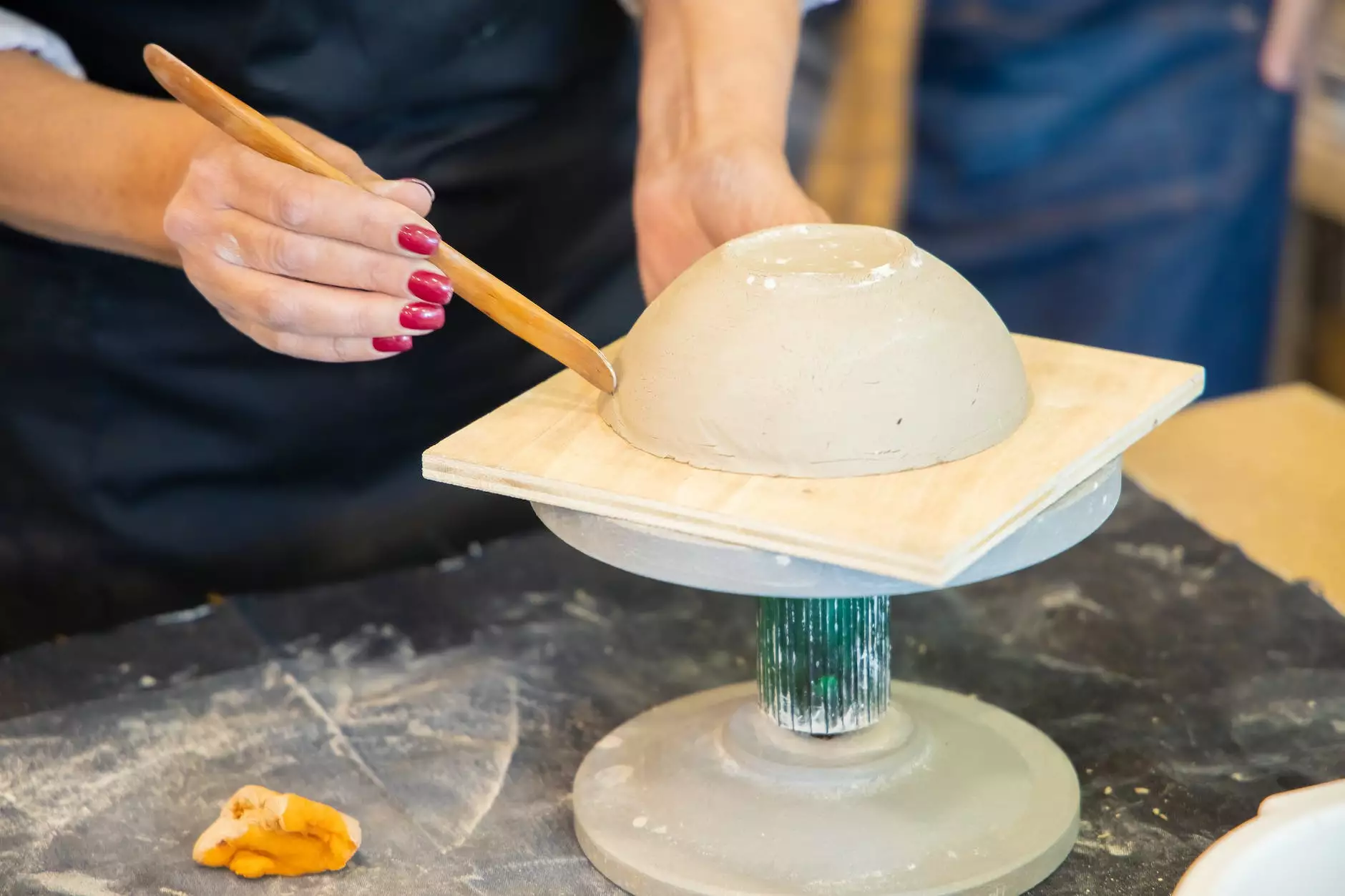Understanding the Role of Plastic Mold Makers in Modern Manufacturing

In the vast landscape of contemporary manufacturing, few sectors play a role as pivotal as that of plastic mold makers. These skilled artisans and technicians transform raw materials into intricate and functional products that touch every aspect of our lives—from automotive components to household items, and even medical devices. This article will explore the various facets of plastic mold making, its significance in the manufacturing industry, and the benefits it presents to businesses worldwide.
The Importance of Plastic Mold Makers
Plastic mold makers serve as the backbone of industries that require high precision and repeatability in their production processes. The ability to create high-quality plastic molds not only enhances product quality but also optimizes manufacturing efficiency. Below, we delve into the reasons why these professionals are crucial to modern manufacturing.
1. Precision Engineering
The process of creating a plastic mold requires exceptional precision and expertise. Skilled plastic mold makers utilize advanced technologies such as CNC machining, 3D printing, and CAD software to design molds that can produce consistent and accurate components. The precision achieved through these processes ensures that each product meets strict industry standards, which is essential for maintaining consumer safety and satisfaction.
2. Cost Efficiency
One of the primary advantages of employing competent plastic mold makers is the cost-saving potential that follows. High-quality molds lead to less material waste and reduced production times. Over time, this efficiency translates into significant savings for businesses, allowing them to allocate resources more effectively and invest in other areas of growth.
3. Versatility Across Industries
- Automotive: Molds are essential in producing parts like dashboards, bumpers, and other components to enhance vehicle performance and safety.
- Consumer Goods: From packaging to home appliances, plastic molds are integral in creating products that consumers rely on daily.
- Medical Devices: The precision and reliability of plastic molds are critical in the medical field, where components must meet rigorous standards.
- Electronics: Plastic parts play a vital role in the assembly of electronic products, from smartphones to household gadgets.
How Plastic Mold Makers Operate
The journey of a plastic mold maker starts with conceptualization and design. Understanding the specific requirements of a client is essential, as the mold not only needs to fit the purpose but also align with cost and time constraints. Here’s a closer look at the typical process:
1. Consultation and Design
The first step involves collaborating with clients to gather requirements. This phase is crucial for understanding the functionality and aesthetics desired in the final product. Once the requirements are gathered, designers use specialized software to create detailed digital models.
2. Material Selection
Choosing the right materials for mold fabrication is key. The most common materials used by plastic mold makers include:
- Aluminum: Offers a good balance between cost and durability; suitable for low-volume production.
- Steel: Highly durable and ideal for high-volume production runs, though more expensive.
- Composite Materials: Emerging materials that offer unique benefits such as lighter weight and resistance to corrosion.
3. Machining and Fabrication
After the design phase, the actual mold is manufactured using precision machining techniques. CNC machines carve out molds from metal blocks based on the digital design, ensuring accuracy. Layout adjustments may be necessary during this phase to ensure the final product adheres to client standards.
4. Testing and Quality Control
Once the mold is fabricated, it must undergo rigorous testing to check for defects and to ensure that it provides the desired output quality. This stage includes:
- Trial Runs: Producing test parts to evaluate the mold's performance.
- Quality Checks: Assessing parts for dimensional accuracy, surface finish, and structural integrity.
- Adjustments: Refining the mold as necessary based on test results to achieve optimal production performance.
5. Production and Delivery
Upon successful testing and quality approval, businesses can begin mass production of parts using the mold. Efficient production relies heavily on the experience and knowledge of plastic mold makers to maintain consistency and quality throughout the manufacturing process.
Benefits of Partnering with Quality Plastic Mold Makers
Partnering with reputable plastic mold makers like those at hanking-mould.com offers numerous benefits that positively impact your business:
1. Enhanced Product Quality
High-quality molds lead to more consistent and reliable products. This not only enhances brand reputation but also fosters customer loyalty.
2. Faster Time to Market
With efficient processes in place, companies can produce products faster, allowing them to seize market opportunities ahead of competitors. Quick production cycles can significantly impact a company’s success in response to changing consumer demands.
3. Custom Solutions
Every business has unique needs, and experienced plastic mold makers offer customized mold designs that cater to specific products and manufacturing methods. This level of personalization can give companies a competitive edge.
4. Sustainability
Eco-conscious practices are becoming increasingly important in manufacturing. Skilled plastic mold makers are often at the forefront of implementing sustainable practices, such as recycling scrap materials and using energy-efficient machinery.
Future Trends in Plastic Mold Making
As industries continue to evolve, so do the techniques and technologies employed in plastic mold making. Here are some trends shaping the future:
1. Increased Automation
Automation in the mold-making process, from design to production, is on the rise. This shift allows for greater efficiency, less human error, and faster turnaround times, which are essential in today’s fast-paced market.
2. Advanced Materials
Innovations in materials science are leading to the development of new mold materials that offer improved durability and reduced weight. These advancements could drastically change manufacturing processes and product design.
3. Industry 4.0 and Smart Factories
The integration of IoT (Internet of Things) and data analytics in manufacturing is paving the way for "smart factories." Such technologies will enhance production monitoring, enable predictive maintenance, and optimize supply chains, all reflecting on how plastic mold makers operate.
4. Sustainable Practices
The push for sustainability is prompting mold makers to develop techniques that minimize waste and enhance recyclability of plastic products. New methods of creating less waste during the molding process will be key to meeting these demands.
Conclusion
The role of plastic mold makers in the manufacturing industry cannot be overstated. Their expertise not only drives innovation but also ensures that products meet the high standards expected by consumers. As businesses continue to seek quality and efficiency, the demand for skilled mold makers is bound to grow. By collaborating with a reputable manufacturer like hanking-mould.com, companies can harness the benefits of expert mold making to elevate their production capabilities and ultimately achieve greater success in the marketplace.









